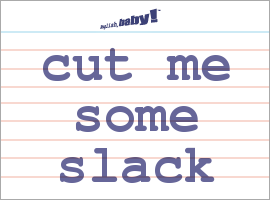

The strings on the guitar need to be tidied up, for example, but it's in relation to the guitar and its perceived purpose, not to the other strings on it. For example, if a room (the context) has one object in it, the room can't be "tidied up" because in order for it to be in organizational disarray, there has to be other objects in it to create a state of measurable organization.īut as one commenter has written, one can refer to a non-atomic object (such as a guitar with strings) as the context in the phrase that includes the verb "to tidy up" in some way. This is because the perceived purpose of that place does not include an expectation that the objects be in order to serve the place's purpose or meet the typical person's expectations for it.Īll that said, one cannot "tidy up" a single object in a given context since it has no other objects in its given context. What does to tidy up mean Information and translations of to tidy up in the most comprehensive dictionary definitions resource on the web. (Intransitive) To stand up, especially from a sitting position. Rarely, if ever, would one hear of a need to "tidy up" a junkyard. To make neat arrange in an orderly, tidy way to tidy.

Is tidy up hyphenated While cleanup is more common as an adjective and a noun, sometimes it appears as a hyphenated clean-up. In the classic example of tidying up one's room, the judgment is that objects in the room are in some perceived state of disarray relative to the perceiver's expectation for the state and purpose of the room. (especially British English) to arrange or deal with something so that it is well or correctly finished. "Tidy up" suggests that there is a state of perceived organizational disorder among some set of objects relative to a broader context, but not necessarily in relation to the objects themselves.


 0 kommentar(er)
0 kommentar(er)
